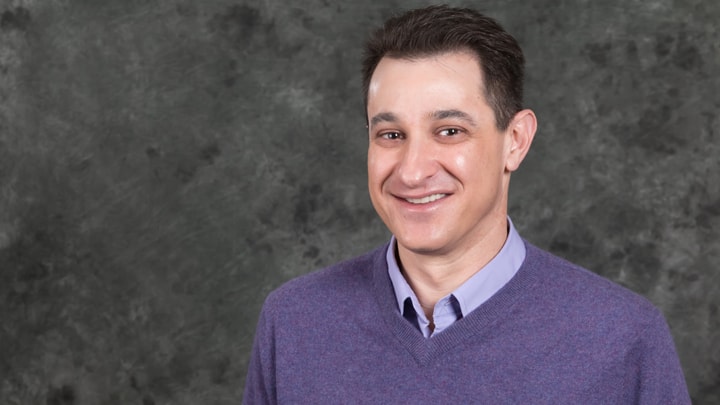


Idaho lawmakers approved a proposal a few months ago that made the Legislature’s video and audio archive permanent. This good decision will long improve how the public interacts with and monitors state government. From now on, you’ll be able to go to the Legislature’s website and watch or listen to debates in the House, Senate, and in committees from days, months or even years in the past.
This level of government transparency did not occur easily. Cameras were first installed in the early 2000s in the House and Senate chambers. At the time, the images transmitted to computer screens were low-resolution, fixed wide shots of the House or Senate chambers, with fuzzy images of lawmakers scampering about. There were no close ups or visual cues to let you know who was speaking.
Back then, the Legislature’s official policy was to delete the debate recordings after five days. The given reason: The video recordings took too much computer storage space. The bigger reason: Lawmakers didn’t like the idea of recordings being kept too long, for fear that they could be used in campaign ads or in court proceedings, where lawyers and judges would use debates to determine the intent behind a bill.
In 2013, lawmakers reluctantly changed the policy, after IdahoReporter.com started to post all of the debates online in defiance of the Legislature’s policy. The new policies allowed debate recordings to be kept for two years, after which they were turned over to the state archivist. But, legislative staffers did more than just retain the videos. They began posting them online as well, allowing the public easy access to what was said each and every day of the legislative session.
The video and audio archive quickly became a hit with Idahoans, who enjoyed being able to hear what their lawmakers said -- without the news media filter. And the feared problems didn’t materialize.
Senate Majority Leader Bart Davis of Idaho Falls led the charge last legislative session to make the archive permanent, and his colleagues supported the bill to do that. The bill passed with little fanfare and no opposition.
To be sure, improvements to the archives can be made. For example, though a person can look up videos from any date, one must do a bit of research to learn on which date a particular bill was debated in order to know which video to download. In this regard, Washington state serves as an example of what a legislative audio/video archive can do and how easy it could be for the public to navigate to discussions about a given bill.
Residents of some other states do not enjoy the same level of legislative accountability as we have in Idaho. Our lawmakers, Davis in particular, deserve credit for doing the right thing to make it happen here.


